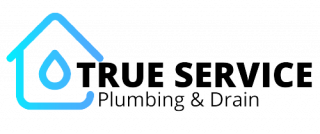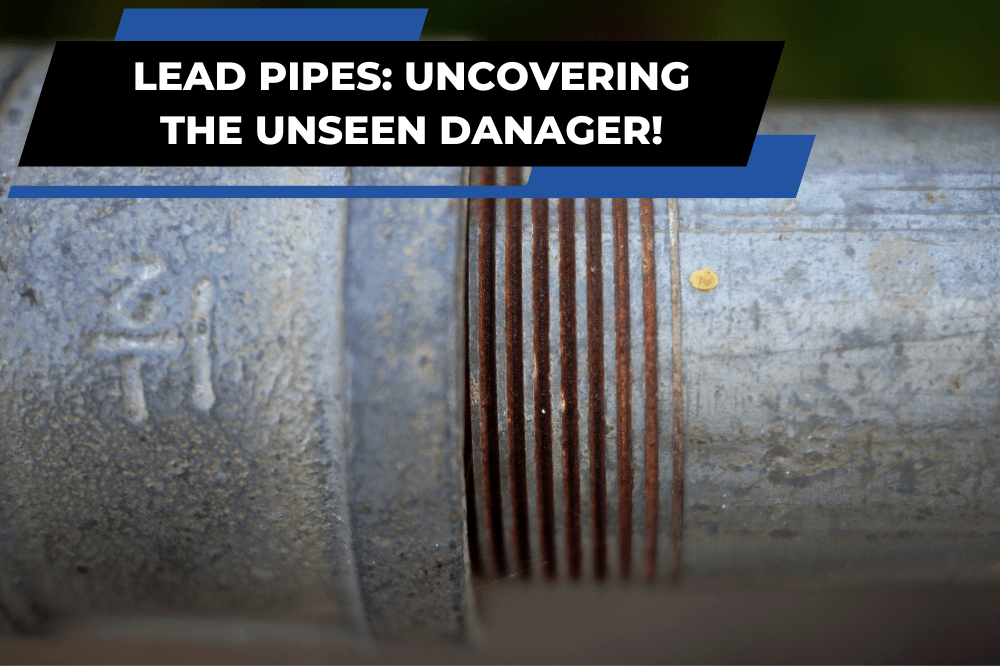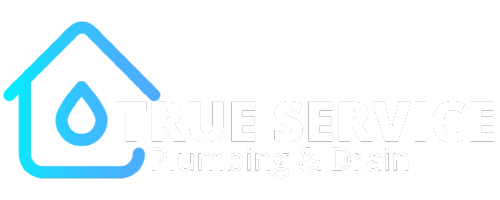The foundations of a home are often considered to be its walls and beams. But delve deeper, and you’ll find another essential network lying beneath the surface – your home’s plumbing. This hidden system of pipes ensures clean water enters your home and waste water leaves it. However, if your house was built in the last century, there’s a good chance that its pipes are made of lead. Yes, you heard that right – lead pipes.
These were once the standard in plumbing due to their longevity and resistance to leaks. But we now know they can pose significant health risks. In this blog post, we’ll dive into the history of lead pipes, the health concerns they pose, and how to identify if your home has them.
History and Use of Lead In Plumbing
Lead pipes have a long history, dating back to the Roman times. It was the Romans who gave lead (Pb) its name, from the Latin ‘plumbum’, which is also the root of ‘plumbing’.
For centuries, lead was the material of choice for plumbing because of its malleability and durability. It was easy to shape into pipes and resistant to wear and tear, ensuring a long service life.
In the late 19th and early 20th century, lead piping was commonly used in North America and Europe. They were popular in homes, businesses, and even municipal water systems.
Their longevity and resistance to leaks were the primary reasons for their popularity. In fact, lead pipes that were installed during this period could still be functional today, demonstrating their remarkable durability.
The Dangers and Health Risks of Lead Exposure
However, despite these benefits, the use of lead in plumbing has sharply declined. The reason for this shift lies in our increased understanding of lead as a substance and its effects on human health.
Lead, as it turns out, is a toxic metal that can have detrimental effects on human health. When used in plumbing, lead can leach into the water that flows through the pipes. This process is particularly likely when the water is acidic or has a high mineral content that can corrode the pipes. As a result, lead particles can be carried with the water and eventually consumed by those using the water for drinking or cooking.
Exposure to lead can lead to a plethora of health issues. In adults, lead poisoning can lead to cardiovascular problems, decreased kidney function, and reproductive issues. However, the impact on children can be even more severe, as their developing bodies absorb lead more readily.
Lead exposure in children can result in behavioral problems, learning disabilities, and in severe cases, seizures or death. These alarming health risks have led to a shift away from using lead in plumbing.
How to Identify Lead Piping
Recognizing the presence of lead piping in your home is the first step towards mitigating the risks associated with lead poisoning. But how do you go about identifying them?
Well, lead pipes are fairly distinctive. They are generally a dull gray color and have a soft surface that can be easily scratched with a key or a coin. They are also not magnetic, which further differentiates them from pipes made of other metals.
You can start by checking the pipes in your basement, especially the ones that bring water into your home before branching off to other areas. If these pipes are made of lead, there’s a high likelihood that the rest in your home are too.
Lead Pipes in Toronto and the Greater Toronto Area
If you live in Toronto or the Greater Toronto Area, you should be aware of the local context. Many older homes in this region have lead pipes, given the era when they were built.
Although Toronto, like many other cities, banned the use of lead pipes for new construction or renovations years ago, many properties still retain their original lead plumbing.
Recognizing the risks of lead pipes, the City of Toronto initiated the Lead Pipe Replacement Program in 2007, aiming to replace all city-owned lead water service pipes.
Homeowners are also encouraged to replace the private side of the lead water service pipe at their own expense. Some financial assistance programs are available to help with the costs.
The Importance of Replacing Lead Pipes
The discovery of lead pipes in your home might come as a shock, triggering concerns about the health and wellbeing of your family. It’s a significant issue, yes, but one that has a definitive solution – replacing the lead pipes.
Many homeowners may question the urgency of this task, given the cost and disruption associated with pipe replacement. But the health risks associated with lead exposure are serious, and a proactive approach can help you avoid long-term health implications for your family.
Aside from preventing lead exposure, replacing lead pipes can also provide other benefits. Over time, lead pipes can corrode and become lined with deposits, reducing the flow of water.
Replacing these pipes can thus improve your water pressure. Plus, if you’re planning to sell your home in the future, having non-lead pipes can be a selling point and might even increase the value of your property.
Conclusion
Lead pipes are a remnant of an era before we understood the significant health risks associated with lead exposure. Today, we know better, and it’s crucial to check if your home has lead pipes, especially if it was built in the last century.
Being proactive in identifying and replacing lead pipes can protect your family from the dangers of lead exposure, improve your water flow, and potentially add value to your property.
While replacing lead piping might feel like a daunting task, remember – you don’t have to go it alone. Professionals with experience and knowledge in the field are ready to assist you.
Lead Pipe Replacement Services with True Service Plumbing
When it comes to dealing with lead pipes in Toronto and the Greater Toronto Area, True Service Plumbing stands out as a leading choice for both residential and commercial customers. Our fully licensed team delivers efficient and effective solutions for lead pipe identification and replacement, helping ensure the safety of your home or business.
Discovered lead in your home’s plumbing system? Let our experienced professionals accurately diagnose the situation and take action, minimizing disruption and maximizing peace of mind.
Don’t let the fear of lead contamination overshadow the comfort of your home. Reach out to True Service Plumbing today. We’re here to ensure your plumbing system is safe, efficient, and completely lead-free.


